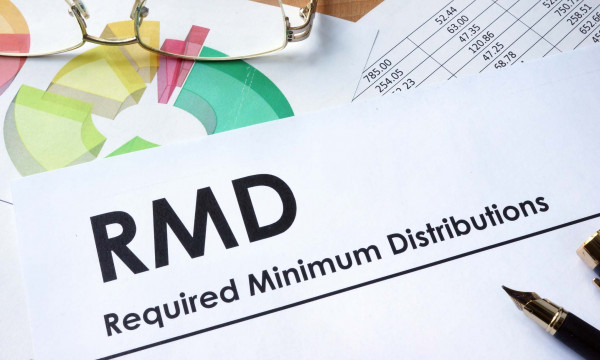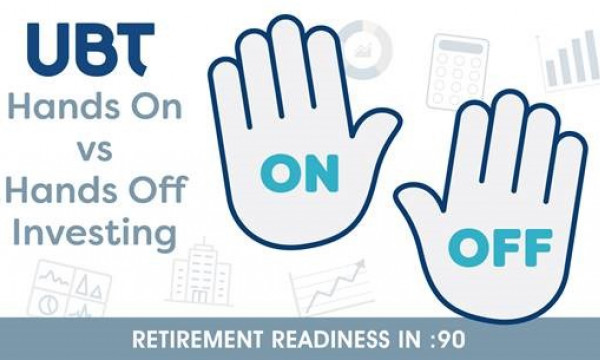Roth 401(k) vs. Roth IRA: The Basics

Many people wonder if there is a difference between a Roth IRA and a Roth 401(k). The answer is yes. There are differences and it’s important to understand them when deciding which is best for you.
Roth 401(k)
Envision your 401(k) plan as a large umbrella. Underneath that umbrella you have two ways of contributing your money based on taxation – Traditional or Roth. To put it simply, traditional is done pre-tax and Roth is done post-tax. Either way, it will all be deposited into the same 401(k) totaling up to one account balance.
Contributing to a Roth 401(k) is an automatic contribution based on payroll deduction. It is automatically deducted from your paycheck and put directly into your retirement account. If your plan offers a match, that free money will apply to those Roth dollars. There is also the potential for lower fees. There is typically some sort of administrative fee associated with your company’s retirement plan. The good news is much of the time this fee is either paid for by your employer or at the very least, reduced. You will also have access to a selection of inexpensive mutual funds options.
Finally, there are no income limitations for a Roth 401(k) and your annual contribution limit is $19,000. If you are 50 years old or above, a $6,000 catch-up contribution is allowed.
Roth IRA
A Roth IRA is an individual retirement account that is setup outside of your 401(k). This type of investment vehicle can also be advantageous. Just like a Roth 401(k) your contributions will be deposited as after-tax dollars. It is not based on payroll, so you have the freedom to contribute as little or as much as you’d like, but you will not receive matching contributions because it is not sponsored by your employer. The fee for your Roth IRA can vary depending on who administers it. While some Roth IRA’s are inexpensive there are others that may charge a load or sales commission to be paid to the administrator or the advisor. Unlike your Roth 401(k), you are not limited to a select offering of mutual funds. You have access to numerous investment options. Some will be low cost with a great historical performance.
Finally, with a Roth IRA there are income limitations and your contribution limits are lower. For 2019, you can contribute up to $6,000. If you are 50 years old or above a $1,000 catch-up contribution is allowed.
The good news is you do not have to choose between a Roth 401(k) or a Roth IRA. Both options have their advantages. Examine your specific financial situation and you may find that a Roth 401(k), Roth IRA, or both may be in your best interest.
Learning Center articles, guides, blogs, podcasts, and videos are for informational purposes only and are not an advertisement for a product or service. The accuracy and completeness is not guaranteed and does not constitute legal or tax advice. Please consult with your own tax, legal, and financial advisors.
|




